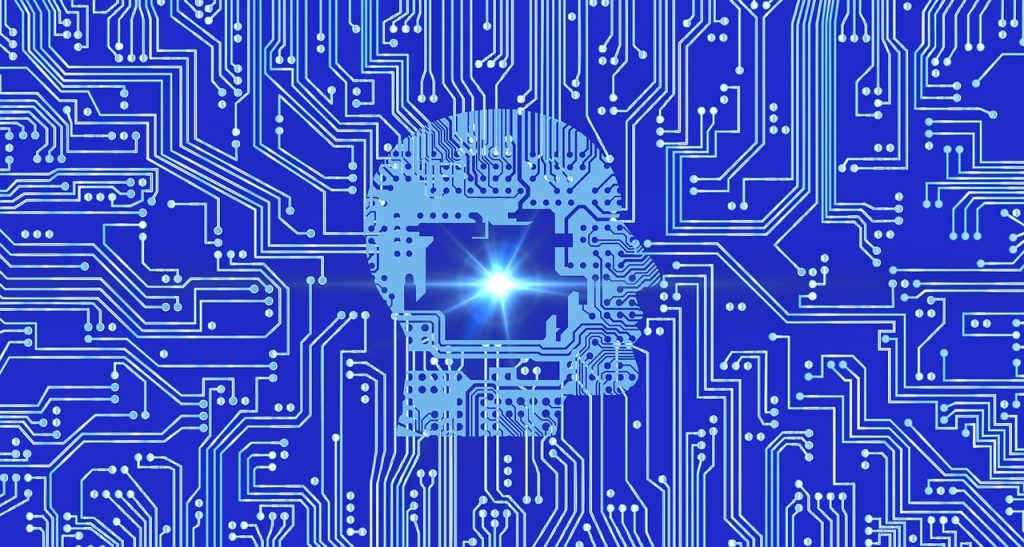
In today’s fast-paced business environment, the integration of Artificial Intelligence (AI) into recruitment processes is revolutionizing the way companies identify and hire talent. While AI offers numerous benefits—streamlining candidate selection, reducing hiring time, and enhancing decision-making—this technological advancement also introduces new responsibilities for employers. One critical responsibility is ensuring that Human Resources (HR) teams are adequately trained to navigate these changes effectively.
The Need for Comprehensive Training
Introducing AI into recruitment isn’t just about implementing new tools; it’s about transforming the entire hiring paradigm. HR professionals, who are the backbone of this process, must be equipped with the knowledge and skills to use these AI tools proficiently. Without proper training, even the most advanced AI systems can become sources of frustration and confusion rather than efficiency and accuracy.
Simplifying Complexity Through Education
AI technologies can be complex, often involving sophisticated algorithms and data analytics. For HR teams, understanding how these systems work is crucial. Training programs should cover:
1. Fundamentals of AI in Recruitment: Basic concepts and functionalities of AI tools.
2. Operational Training: Hands-on sessions on using AI software, interpreting results, and troubleshooting.
3. Ethical and Legal Considerations: Guidelines on fair usage, data privacy, and compliance with employment laws.
By providing thorough education, employers can simplify the complexity of AI tools, making them accessible and manageable for their HR teams.
Addressing Confusions and Enhancing Efficiency
With any new technology, there are bound to be initial confusions and misconceptions. Structured training programs can address common concerns, such as:
– Bias and Fairness: Ensuring AI systems do not perpetuate biases and are used ethically.
– Integration with Existing Systems: Seamlessly incorporating AI tools with current HR software and processes.
– User Support and Resources: Offering continuous support and resources for troubleshooting and queries.
By tackling these issues head-on, employers can foster a more confident and efficient HR team.
Building a Strong Foundation for Success
Training HR teams on AI is not a one-time event but an ongoing commitment. Continuous learning opportunities, regular updates on new features, and feedback mechanisms are essential to keep HR professionals adept and informed. This proactive approach ensures that the recruitment process remains smooth, transparent, and effective.
Conclusion
The integration of AI into recruitment processes brings transformative potential, but it also demands a thoughtful approach to training HR teams. Employers who invest in comprehensive training programs will not only empower their HR professionals but also maximize the benefits of AI, leading to more efficient, fair, and successful hiring practices. In the end, a well-trained HR team is the key to unlocking the full potential of AI in recruitment.
